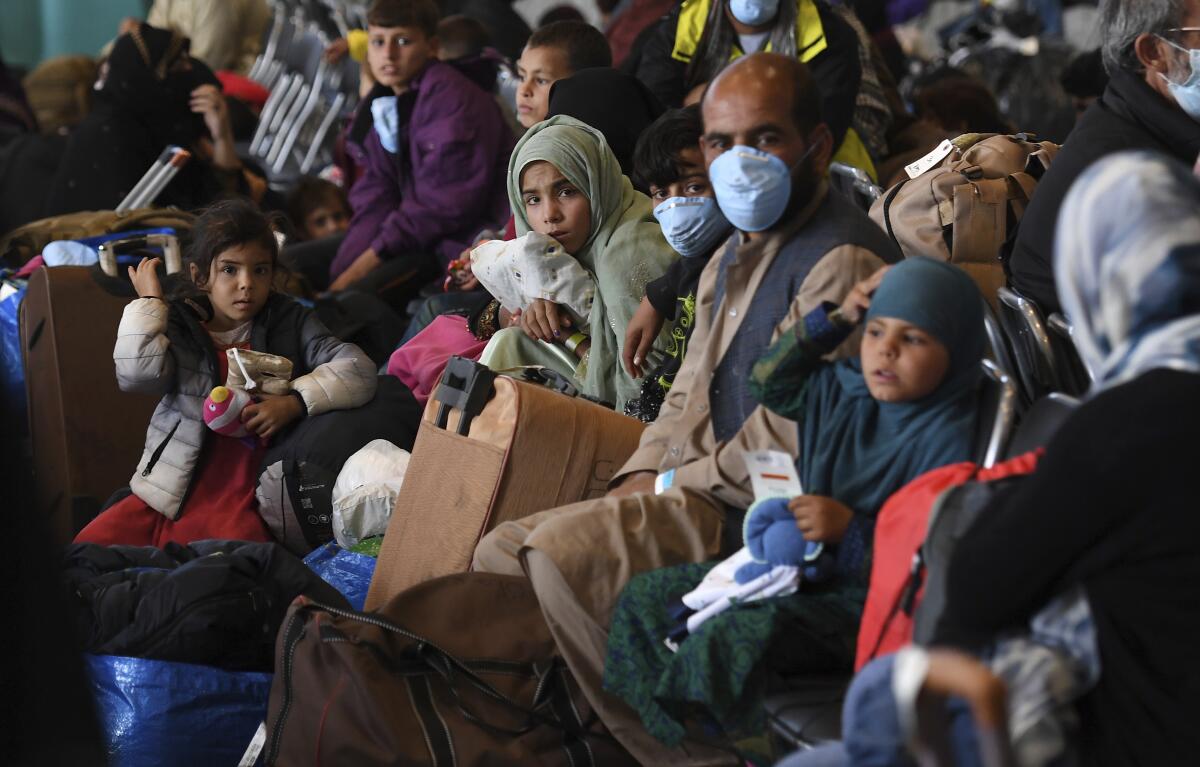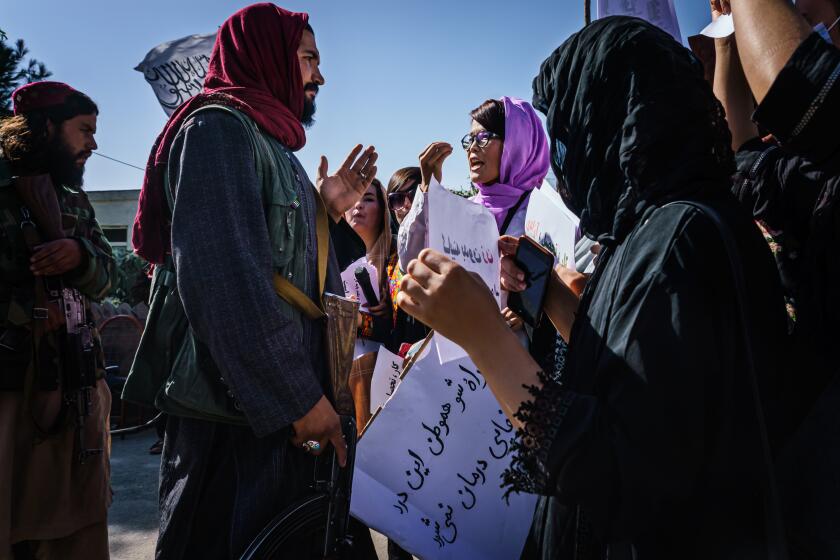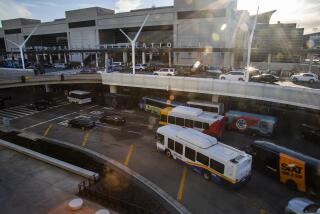Measles cases halt evacuation flights of Afghans to U.S. from two key bases

The U.S. on Friday halted U.S.-bound flights of Afghan evacuees, pulling some off planes, after discovering a few cases of measles among new arrivals in the United States.
A U.S. government document viewed by the Associated Press warned the development would severely hamper an evacuation that since Aug. 15 has moved many thousands of people out of Taliban-held Afghanistan but also been grindingly drawn out for Afghan evacuees and Americans alike, and was plagued by attacks and other deadly violence.
The decision was made by U.S. Customs and Border Protection on the recommendation of the Centers for Disease Control and Prevention. White House Press Secretary Jen Psaki said the halt stemmed from the discovery of measles among four Afghans who had arrived in the U.S. It was not immediately clear from Psaki’s remarks whether the stop applied to flights from all transit sites overseas, or only two of the biggest ones, in Qatar and in Germany.
Customs and Border Protection spokespeople did not immediately respond to questions, including how long the halt would last.
The development had American officials overseas Friday removing from planes Afghan families who already had struggled through a grueling, dangerous escape to safety after Kabul fell to the Taliban on Aug. 15. Afghans faced Taliban checkpoints and crushing crowds to enter the Kabul airport. A suicide attack at an airport gate killed 169 Afghans and 13 U.S. military members.
A government document viewed by the AP said the halt would “severely impact” operations at Ramstein Air Base in Germany, one of the biggest transit sites. It also said U.S.-bound flights would stop from the U.S. Al Udeid base in Qatar.
The Taliban uses force again to disperse protesters, including demonstrators for women’s rights, who are resisting the group’s rule of Afghanistan.
Many thousands of Afghan evacuees airlifted out of Kabul are still en route to new homes in the United States. Some face relocation for further screening in Kosovo.
The government document said the flight halt announced Friday would have an “adverse effect” on the nearly 10,000 evacuees at Ramstein. It noted many have been there more than 10 days and are increasingly fatigued.
Germany had set a 10-day limit for Afghans to stay at the U.S. base, but the time has appeared more as a guideline than a hard deadline. Some German politicians and media grumbled when some Afghans asked for asylum after reaching Germany.
Germany and Qatar, along with Italy, Spain, Kosovo, Kuwait and other countries, agreed to temporarily host U.S. processing sites for evacuees after Kabul fell, after allies initially balked over worries of getting stuck with U.S. security problems. Refugee groups have criticized the Biden administration for not bringing the Afghan evacuees to U.S. territory for screening.
Processing at many of the transit sites largely appears to be taking place in a peaceful and orderly fashion.
It was not clear Friday whether the halt would affect evacuation flights from Kabul itself. Friday was only the second day that the Taliban have allowed evacuation flights to leave the country, after the frantic U.S. military-led airlifts ended with the U.S. withdrawal from Afghanistan on Aug. 30.
National Security Council spokeswoman Emily Horne said Friday that 32 Americans and U.S. green-card holders had left Afghanistan on Friday, 19 on a Qatar Airways flight and 13 others by land.
The U.S. government believes about 100 American citizens remain in Afghanistan, a State Department spokeswoman, Jalina Porter, said.
It was the same number the U.S. had given before this week’s evacuation flights took out Americans. Porter said she could not immediately explain why the number had not changed.
Vaccination campaigns prevent major measles outbreaks in the United States, but measles can be a deadly disease for adults and children in countries where violence or other obstacles block immunization. Hundreds of Afghan children have died of measles in some recent years.
Psaki said that the United States was requiring measles vaccinations for entry and that Afghans were receiving other immunizations at U.S. military bases before heading to new homes around the country. Officials were exploring vaccinating people while still overseas, she said.
More to Read
Sign up for Essential California
The most important California stories and recommendations in your inbox every morning.
You may occasionally receive promotional content from the Los Angeles Times.











